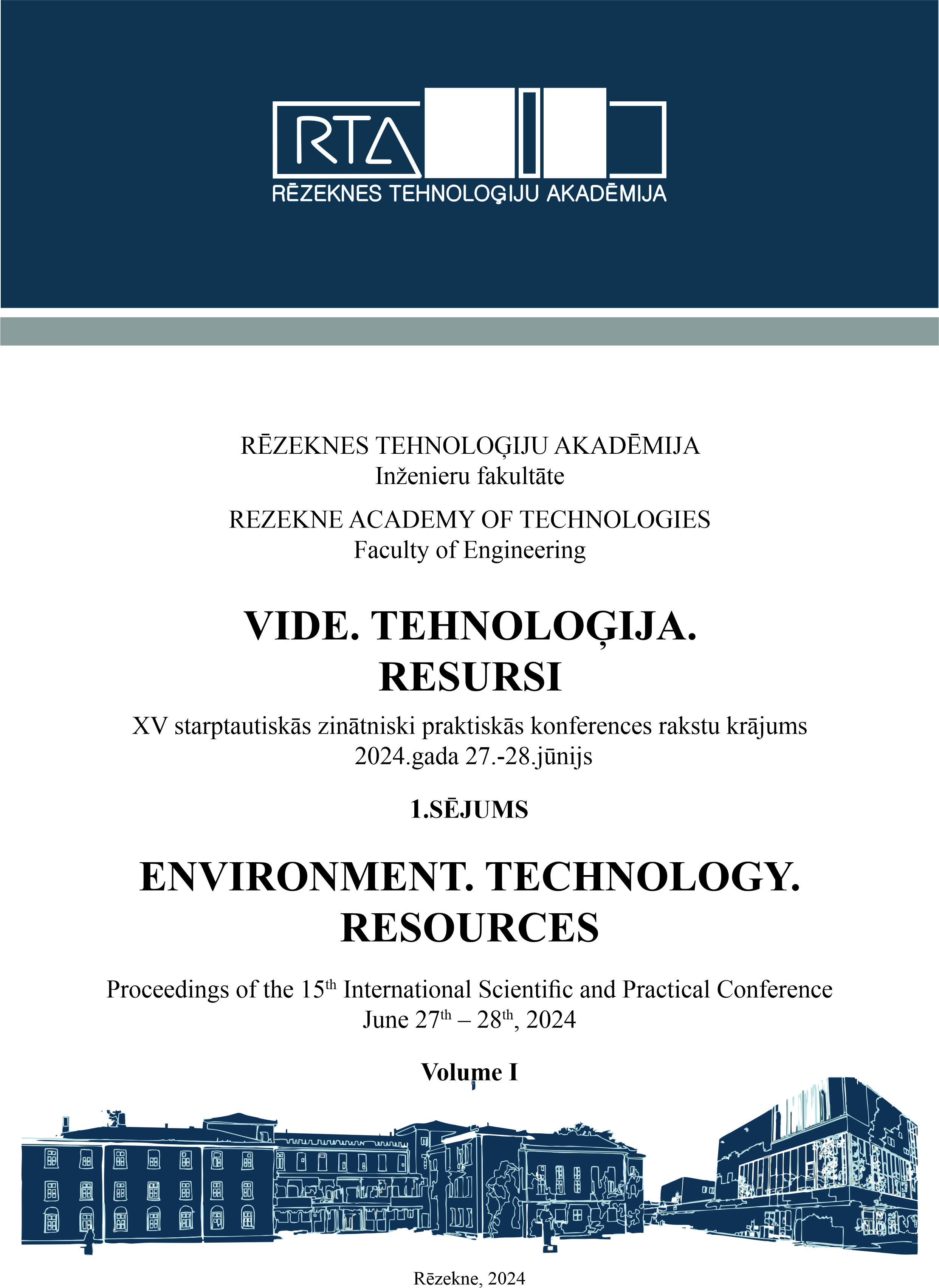THE INFORMATION AGE IN COMMUNICATIONS AND ITS IMPACT ON CONSUMER BEHAVIOR IN THE TOURISM BUSINESS
DOI:
https://doi.org/10.17770/etr2024vol1.8008Keywords:
information technology, digitalization, consumer behavior, marketing, tourism, information communication technologies, communications in tourism, communication frameworkAbstract
In recent years, there has been an increased development of information technologies, which have a significant impact on the economic and social sphere worldwide and, in particular, on communications between consumers and companies. Dynamic changes in the global aspect of the economy and changes in consumer tastes and preferences are only part of the factors for the creation and integration of new modern technologies. It is the application of various technologies that is of key importance for communications with consumers in the tourism business.; Attesting to the relationship between customer satisfaction and the success of a company's experience generation strategy is complex. Consumers may be very satisfied but completely unmotivated to make additional trips or recommend the company to others. It is precisely in this process and the resolution of various challenges that information technology is essential.
Downloads
References
V.Peteva. Consumer behaviour in the foreseeable future – changes and challenges, COMMERCE 4. 0 – SCIENCE, PRACTICE AND EDUCATION Conference proceedings International Scientific Conference on 65 years since the founding of the Department of „Economics and Management of Trade“ and 70 years since the creation of the specialty „Economics and Commerce“, 2011, p.166-177
A.Toffler. Shock of the future.1992.Sofia: Hristo Botev.
M.Solomon. Consumer Behavior:Buying,having,and being, Global Edition, 2011
A.Zhang. H. Xiao. Psychological well-being in tourism live streaming: A grounded theory. Journal of Hospitality & Tourism Research. 2023. DOI: 10.1177/10963480221149595
A.Delic. J.Neidhardt. T.N.Nguyen.F. Ricci. An observational user study for group recommender systems in the tourism domain. Information Technology & Tourism, 2018, 19(1–4), 87–116. DOI: 10.1007/s40558-018-0106-y
Z.Deng. P.Benckendorff. J.Wang. Travel live streaming: An affordance perspective. Information Technology & Tourism, 2021, 23(2), 189–207. DOI: 10.1007/s40558-021-00199-1
J.Hill. R.Ford. I. Farreras. Real conversations with artificial intelligence: A comparison between human–human online conversations and human–chatbot conversations. Computers in Human Behavior, 2022, 49, 245-250. DOI: 10.1016/j.chb.2015.02.026
H. Liu. S. Feng.X.S.Hu. Process vs. outcome: Effects of food photo types in online restaurant reviews on consumers’ purchase intention. International Journal of Hospitality Management, 2022, 102. DOI: 10.1016/j.ijhm.2022.103179
M.Song.Y.Wang.R.Guo. How do I remind you? The combined effect of purchase motivation and reminding message content on tourism consumers’ verification behavior, Journal of Hospitality and Tourism Management. 2023.Volume 57, December 2023, Pages 133-142. DOI: 10.1016/j.jhtm.2023.09.009
C.Xie. J.Yu. S.Huang. J.Zhang. Tourism e-commerce live streaming: Identifying and testing a value-based marketing framework from the live streamer perspective. Tourism Management, 2022, 91. DOI: 10.1016/j.tourman.2022.104513
Holiday-travel-in-europe, Available: https://www.statista.com/study/27521/holiday-travel-in-europe-statista-dossier/ [Accessed: January 22, 2024]
Downloads
Published
Issue
Section
License
Copyright (c) 2024 Teodora Rizova, Nadezhda Dimova

This work is licensed under a Creative Commons Attribution 4.0 International License.



